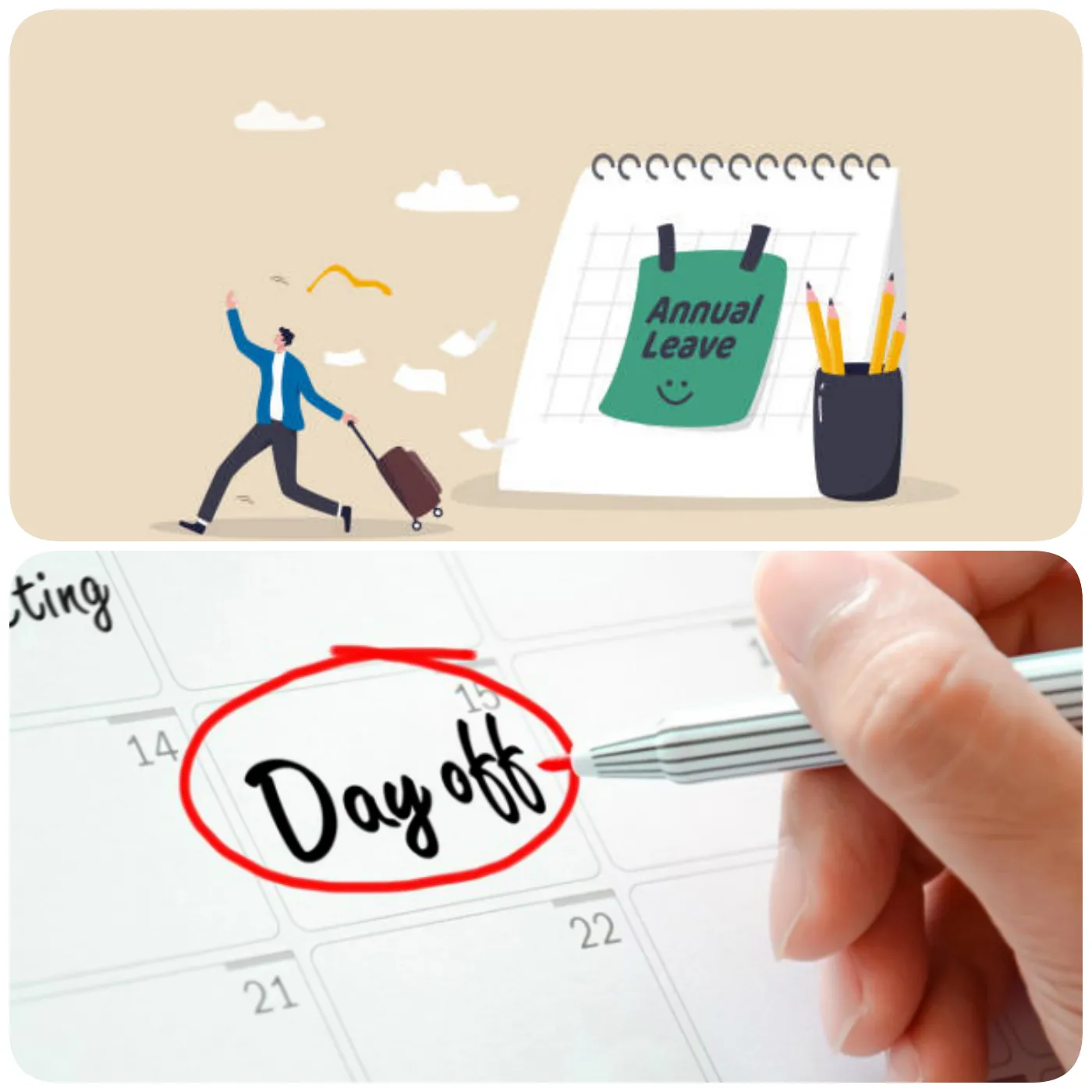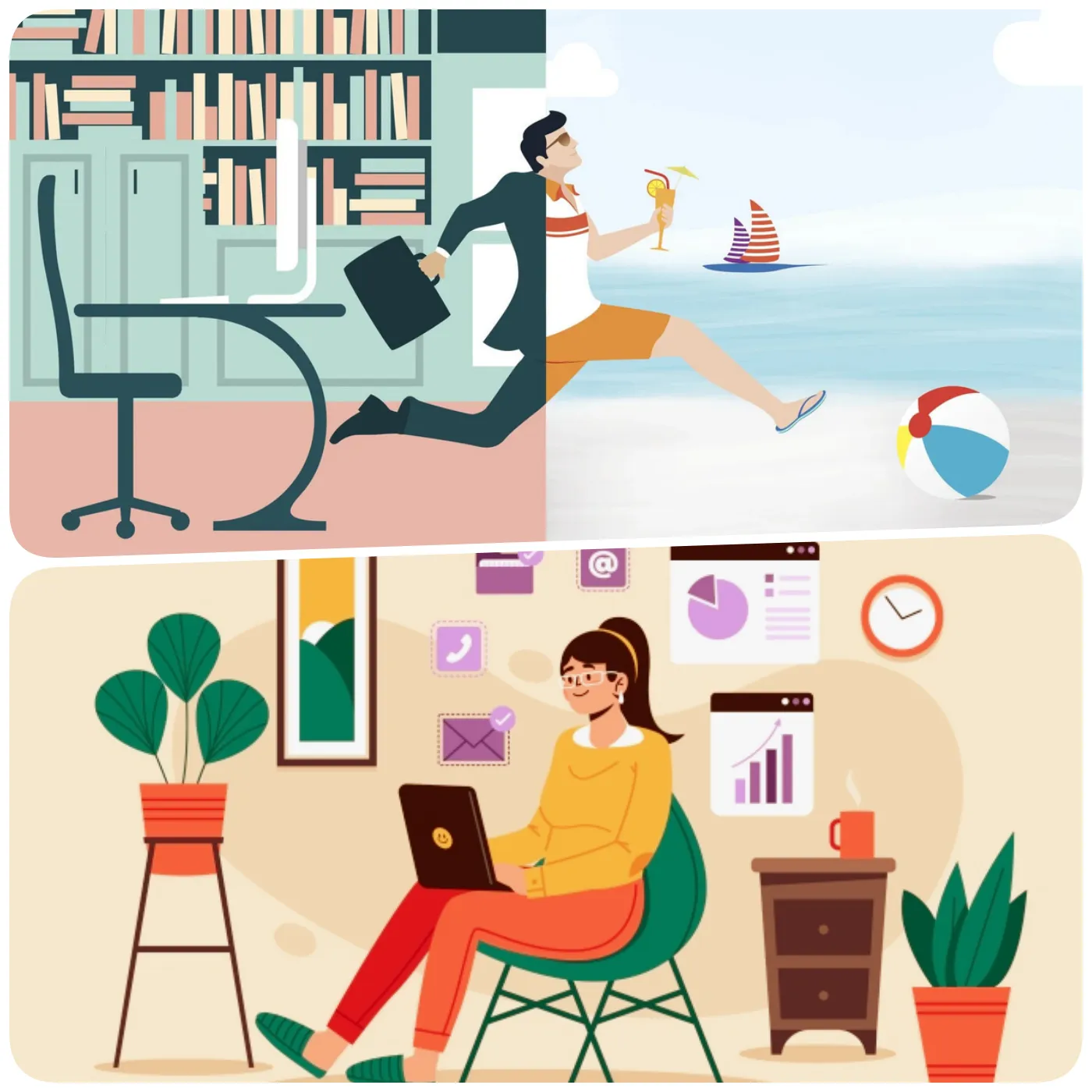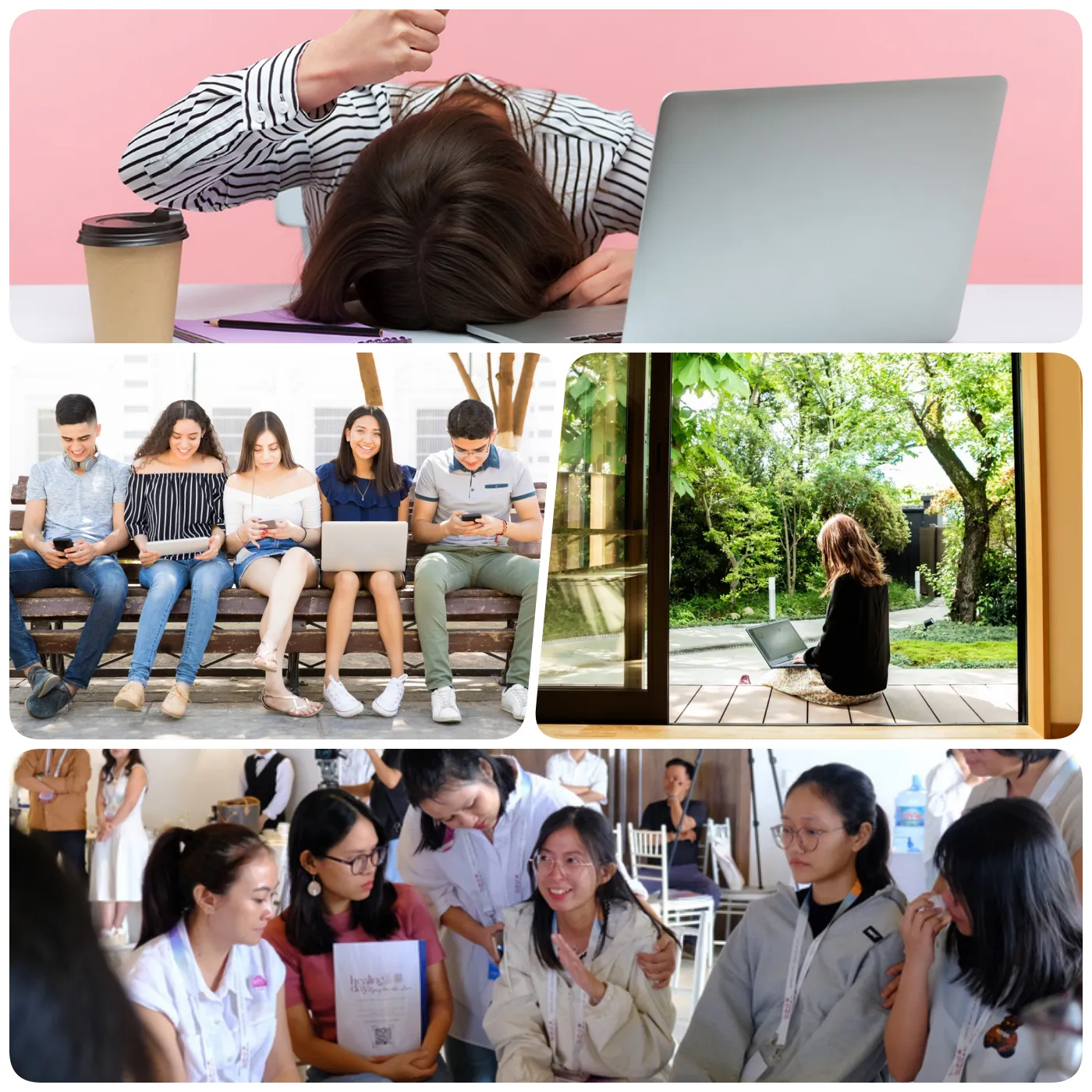
The generation that is not afraid to ask for leave
In the United States, Generation Z is disrupting traditional workplace norms by prioritizing health and taking long breaks even early in their careers. Unlike previous generations, Gen Z values physical and mental health over enthusiasm for work, setting clear boundaries between work and personal life.
Recent data from HR platform Dayforce revealed that the number of sick days taken by employees at one US company in 2023 increased by 55% compared to 2019. Similarly, Gusto, another HR platform also noted Similar results were obtained when surveying more than 300,000 small and medium enterprises. Results showed that 30% of office workers took sick leave last year, an increase of 42% compared to 2019. In particular, the 25-34 age group tends to take more days off than older colleagues.

Furthermore, younger employees are leading the trend of taking extended leave. Data from Gusto shows that the 22-26 age group has the longest leave rate, followed by the 27-34 age group.
Liz Willke, an economist at Gusto, explains that the growing number of leave requests shows a desire among younger workers to establish clear boundaries between their work and personal lives. This is especially relevant because Generation Z experiences higher levels of stress and anxiety than older generations.
The impact of the pandemic on health priorities
The Covid-19 pandemic has played an important role in changing attitudes about health, especially among the younger generation. Kenneth Matos, Director of Market Research at HR technology company Hibob, noted that the pandemic has made young people more health conscious and more cautious about engaging in activities that could cause harm risks to their health.
Recent studies highlight the number of young workers leaving their jobs for physical or mental health reasons has doubled since 2023. ComPsych analysis of 5,700 companies shows turnover rates related to mental health increased by a staggering 300% from 2017 to 2023.

Michelle Quist Ryder, CEO of the American Psychological Foundation, points out that the pandemic has dramatically increased anxiety and burnout, causing younger workers to prioritize health over work. Additionally, this generation is reshaping the relationship between employees and employers. Witnessing a wave of layoffs, this generation is starting to question the value of giving it your all.
Traditional job expectations are challenging
“The belief that sacrifices for work will pay off is diminishing,” says Matos. When someone says, “I won’t take sick days, instead I’ll work from home to get the job done,” Matos said. they begin to question what they get out of that effort.
While working in an office environment can promote connection and learning, Gen Z doesn’t mind taking sick days when necessary. Interestingly, remote workers tend to take more sick days, which shows that the stress of working from home, even in a more relaxed environment, can still take its toll.
Brittany Schmaling, data analyst at Dayforce, suggests that flexible work environments can encourage employees to take advantage of leave benefits more freely. However, not everyone enjoys this privilege. Front-line workers, especially in the retail sector, often do not receive paid sick leave – which is completely different from office workers.
This fact shows that businesses should learn from generation Z about attaching importance to employee health with a concept called “presenteeism”. Presenteeism refers to the practice of employees coming to work sick, which not only harms their health but also negatively affects workplace productivity and overall organizational effectiveness.
And taking much-needed time off goes against some of the toxic features of American work culture. Where employees often choose “quiet vacations” rather than formally request time off for fear they will be seen as less dedicated. The pressure to become a model employee causes many people to sacrifice their health to meet expectations.

American work culture
Mindy Shoss, a psychology professor at the University of Central Florida, explains that American work culture has long equated overwork with dedication to work. This problem gets worse when employees, fearful of losing their jobs, try to work even when sick.
Experts say it’s time for both workers and managers to reevaluate the way they work, putting health and happiness first.






